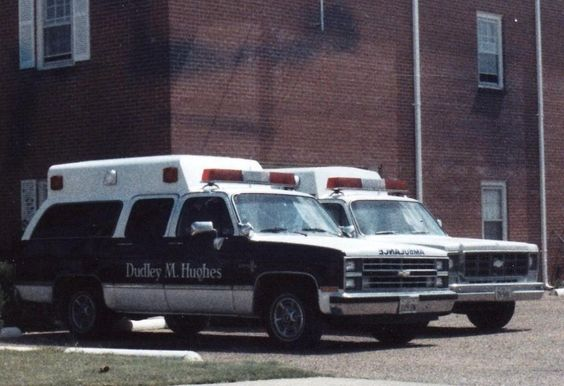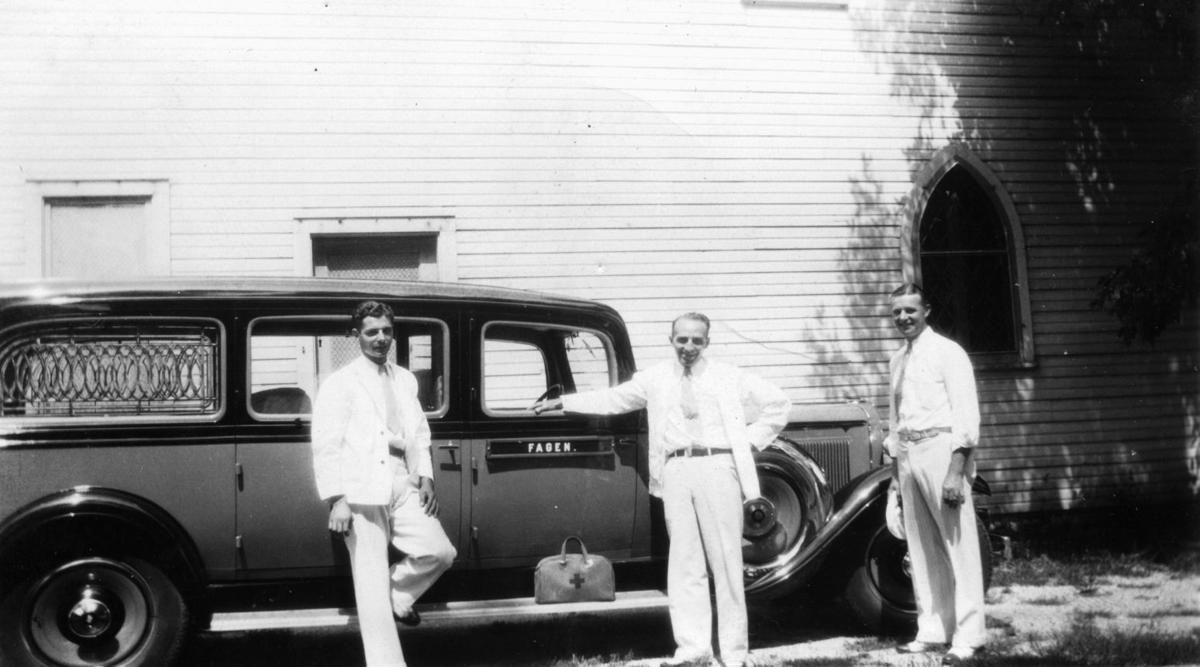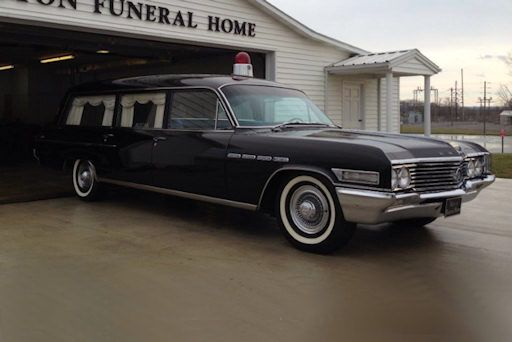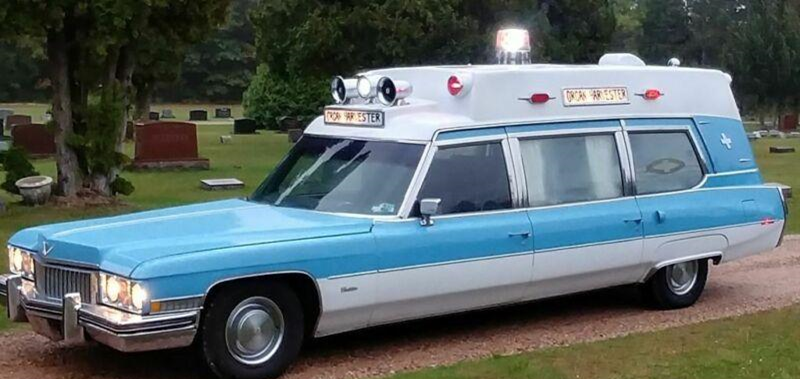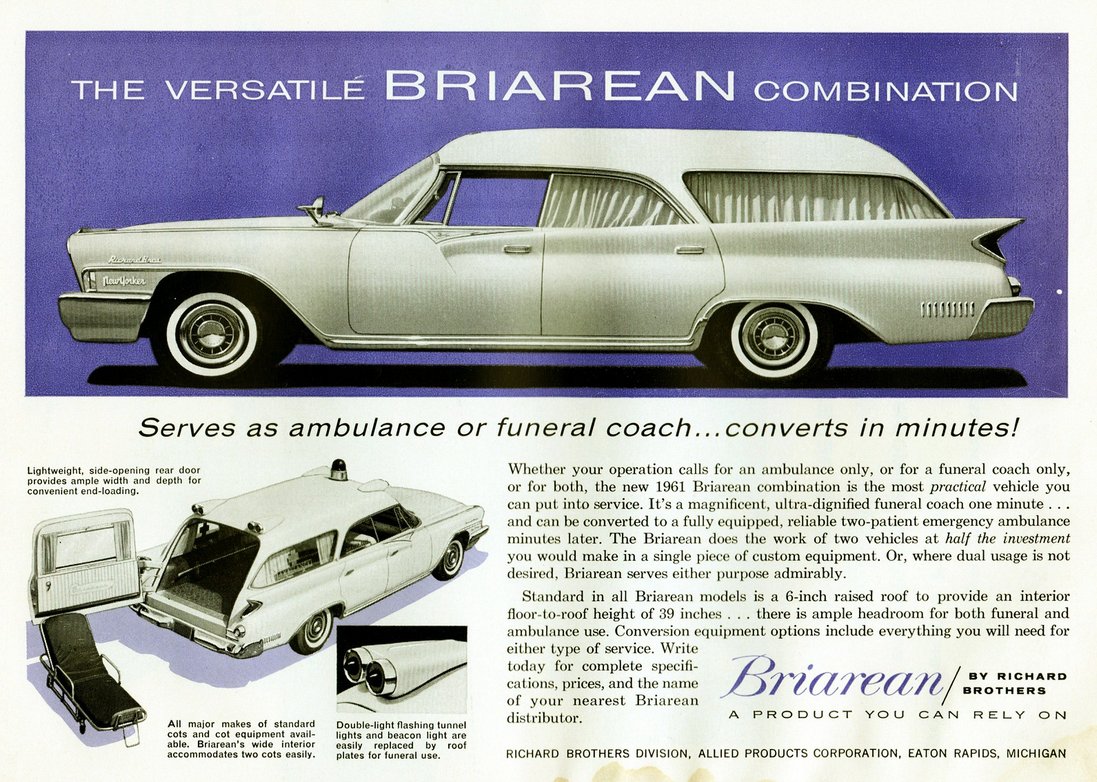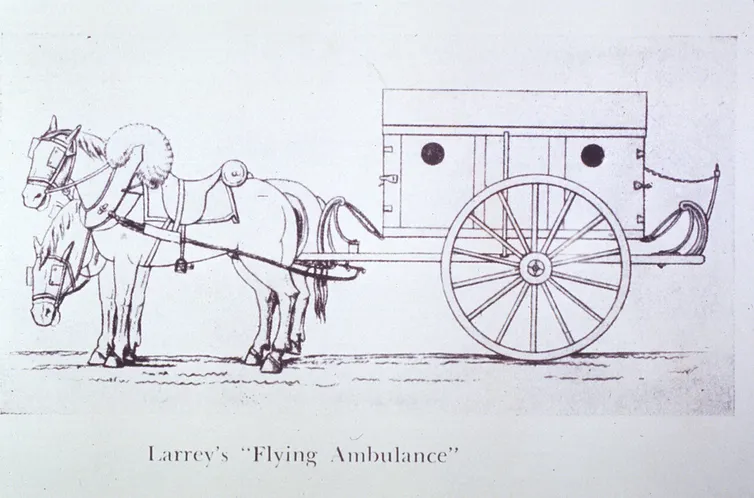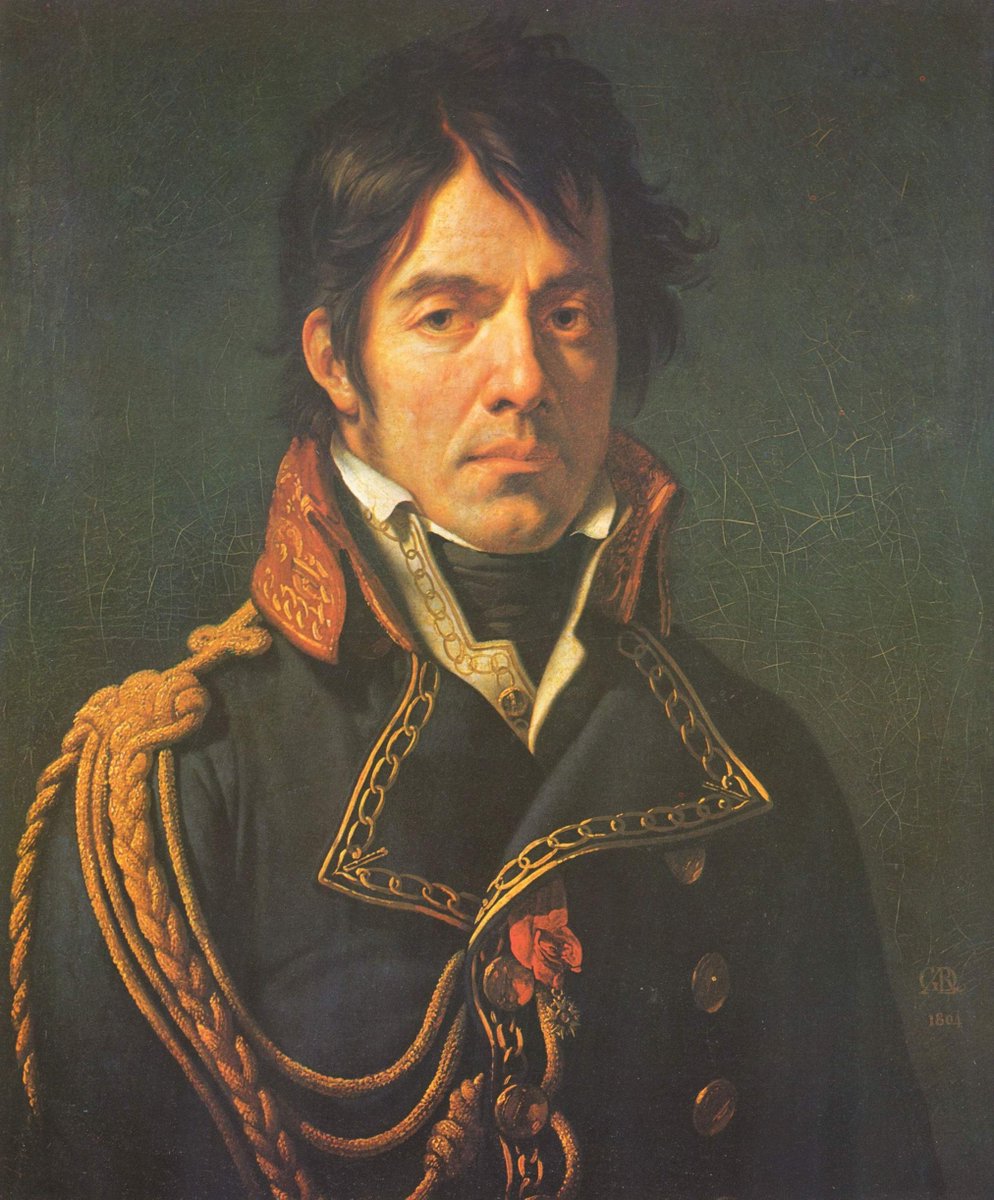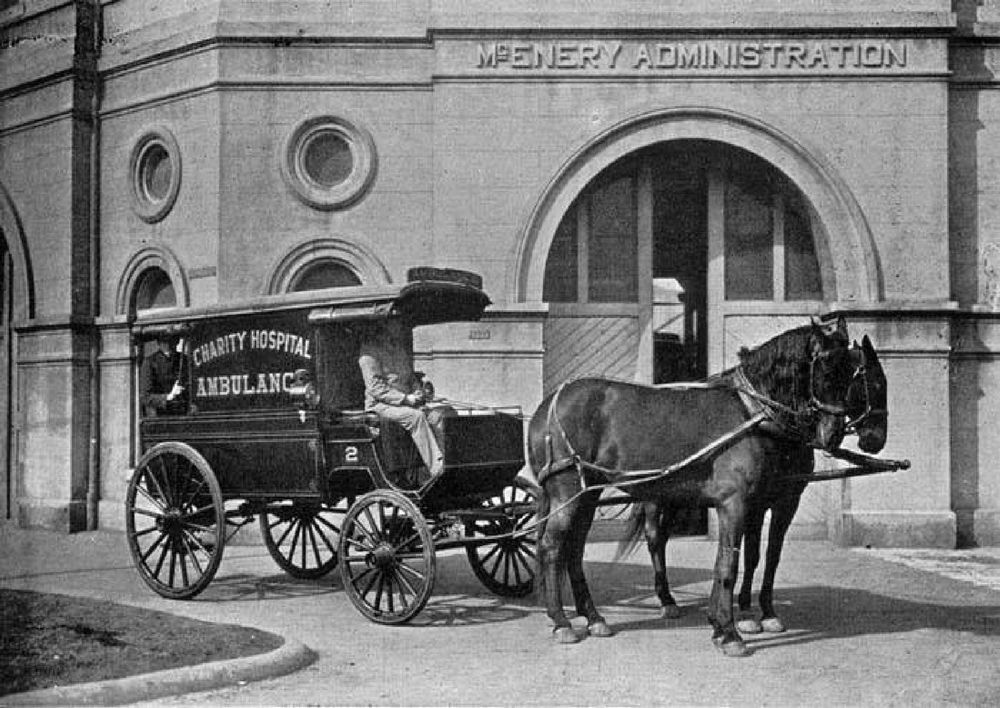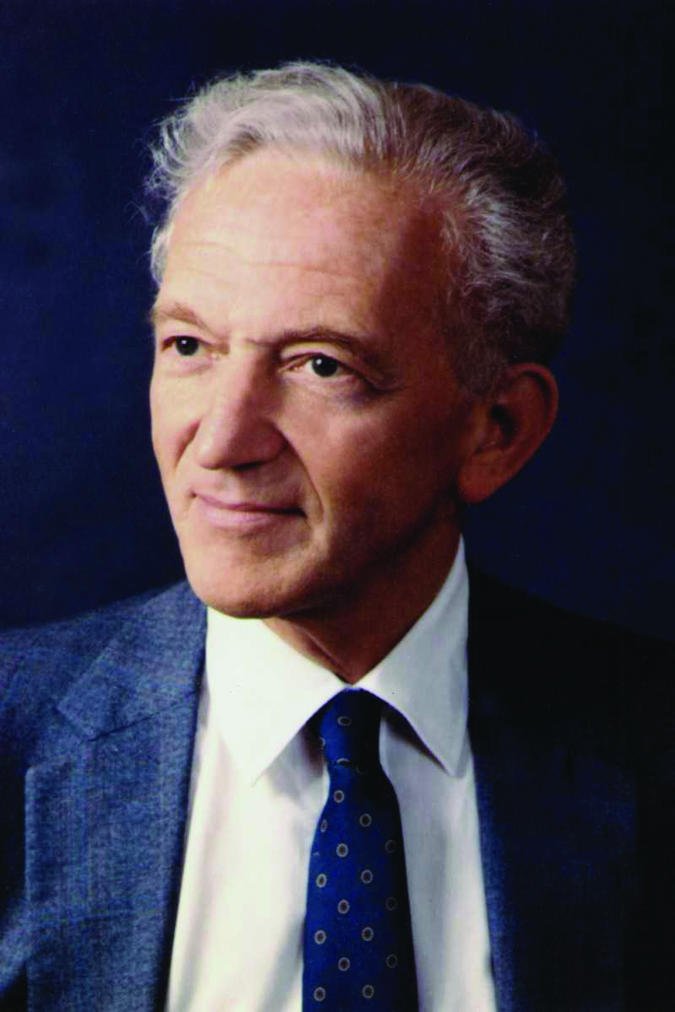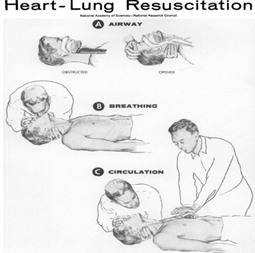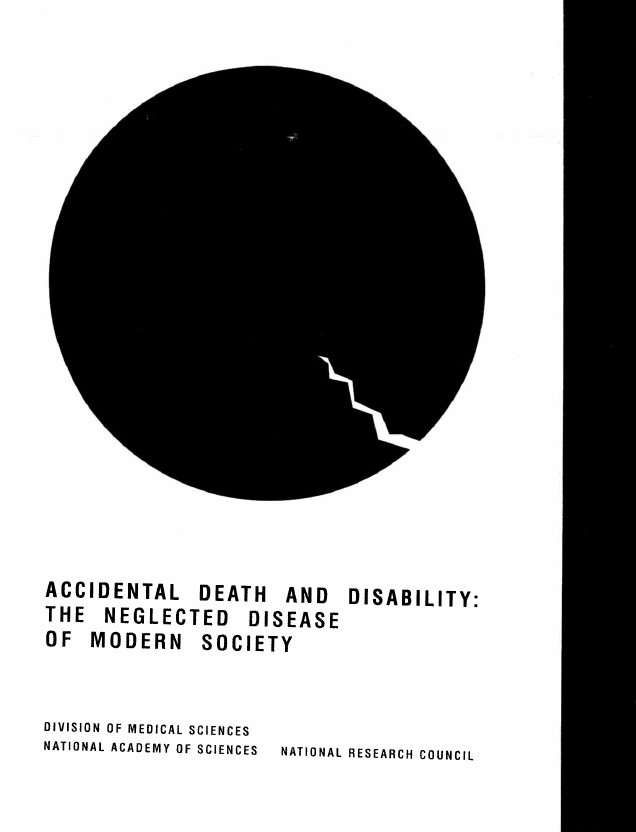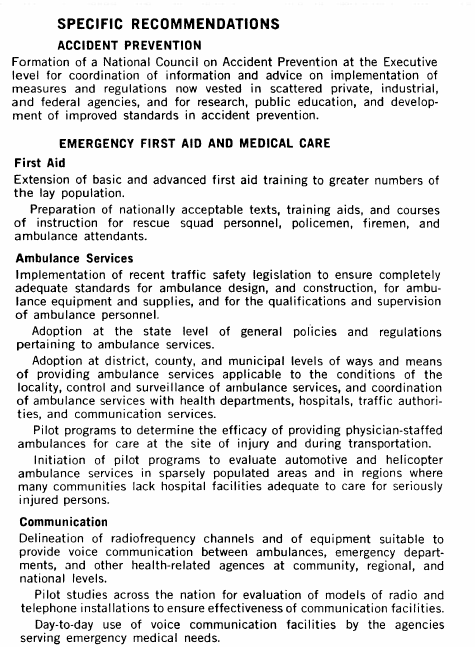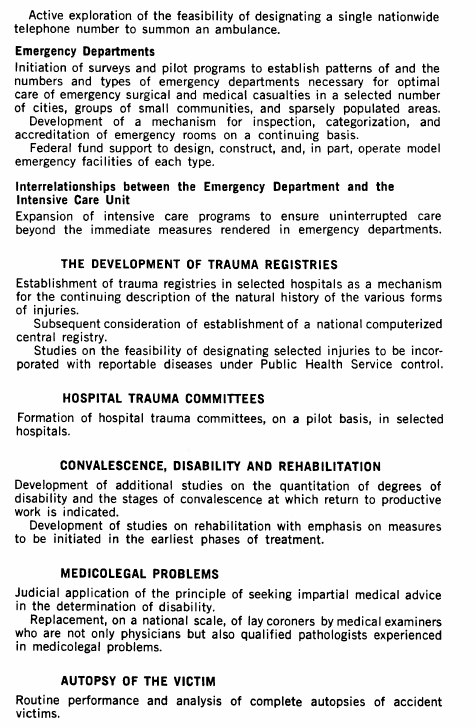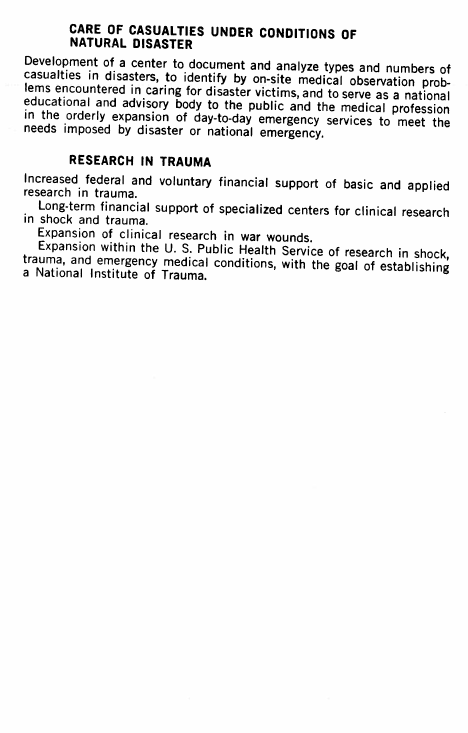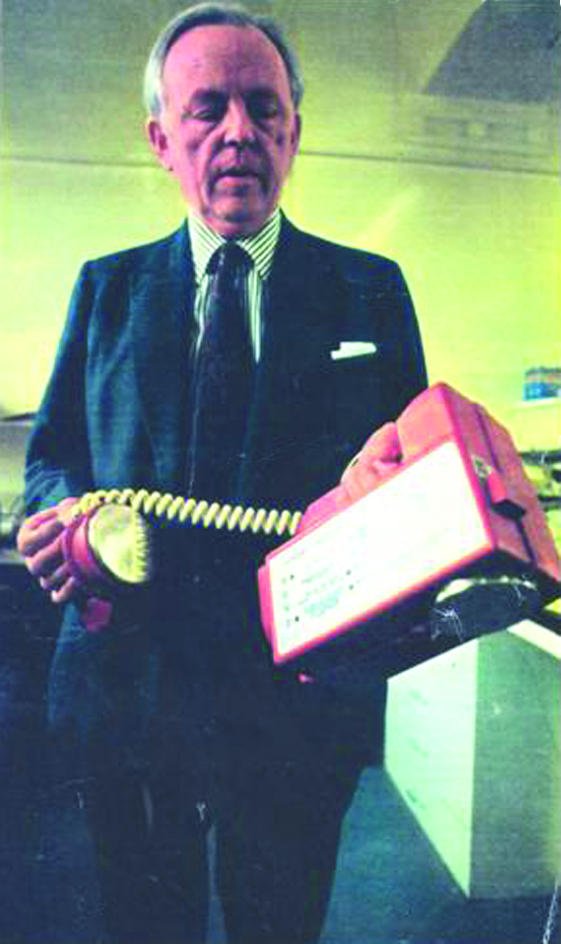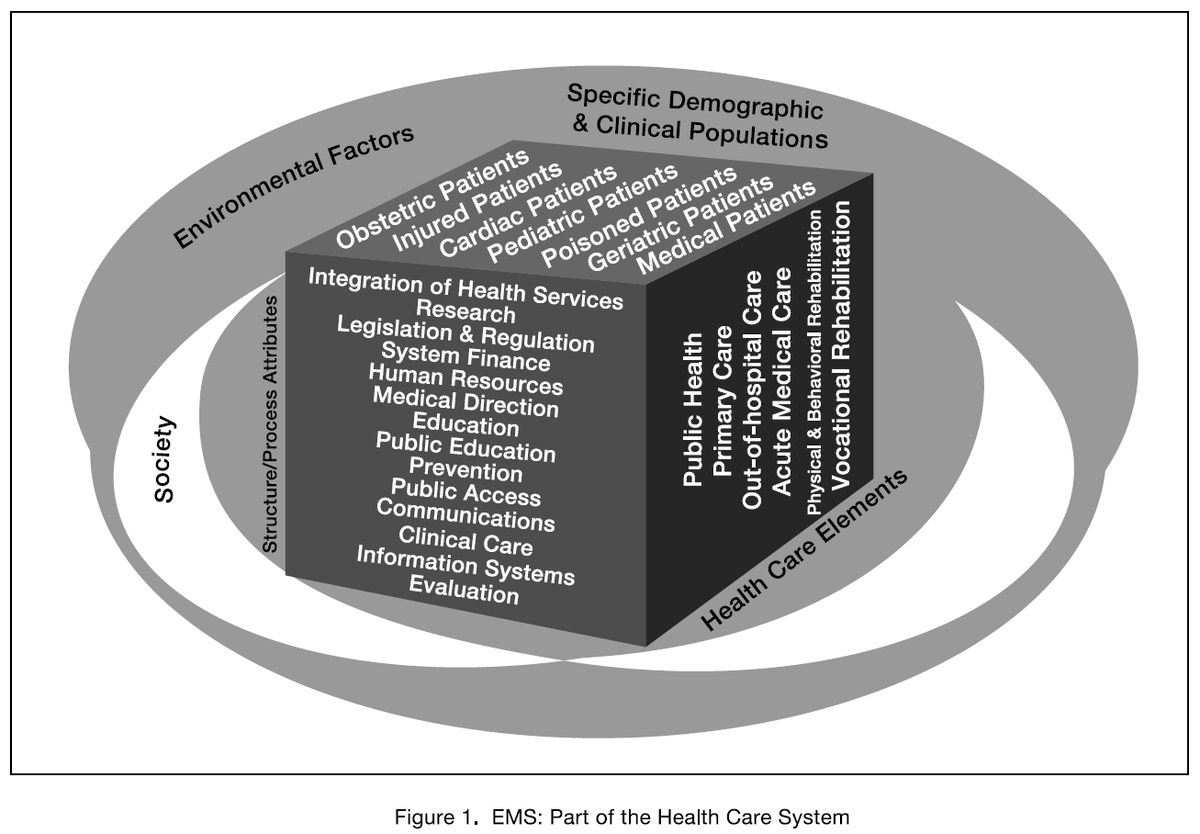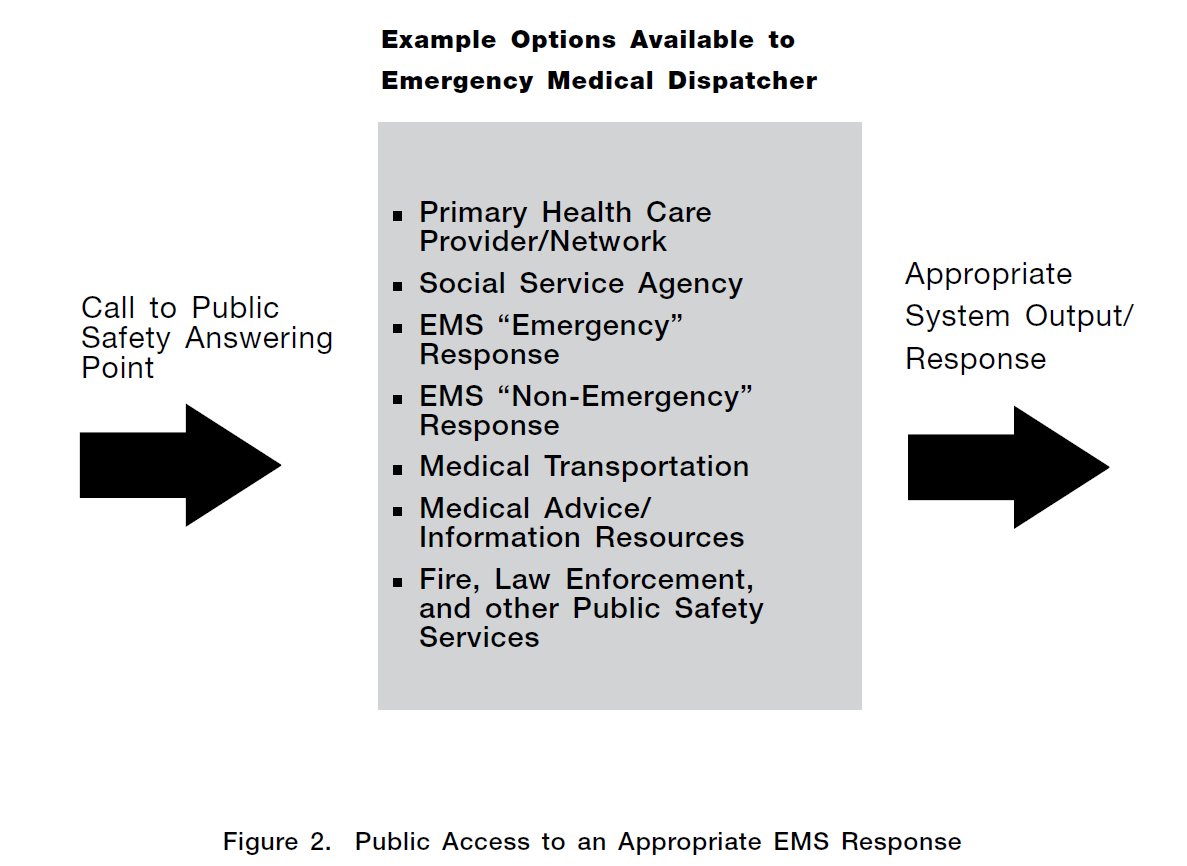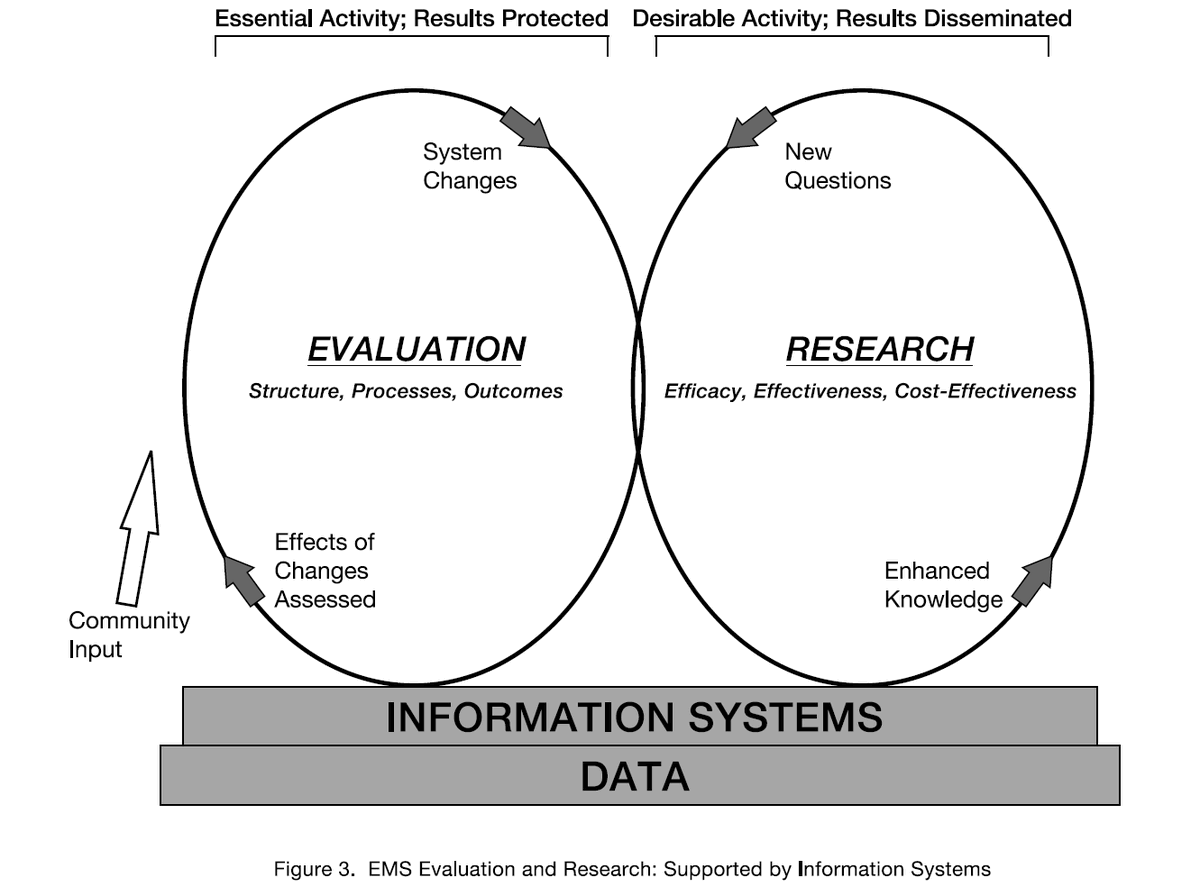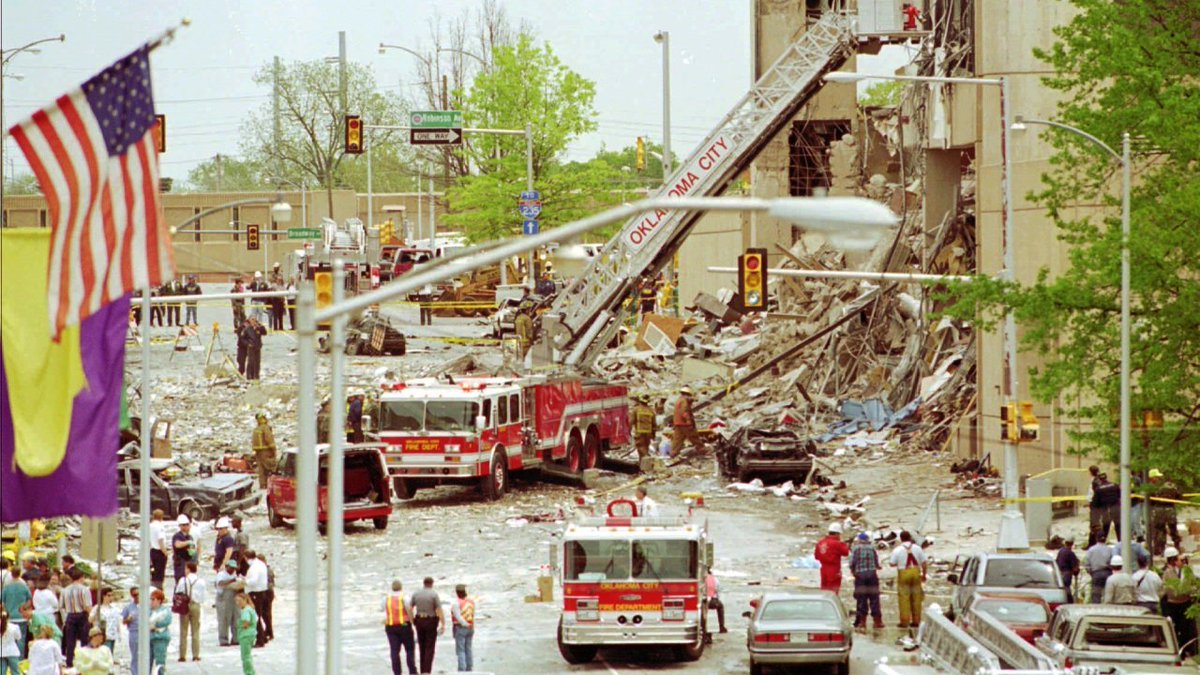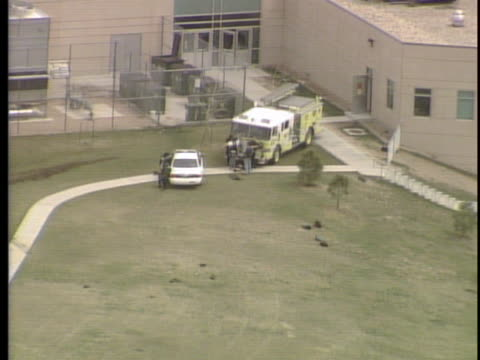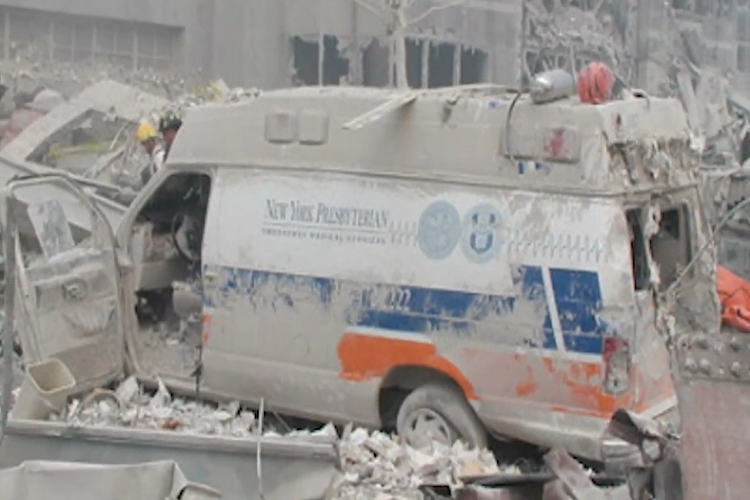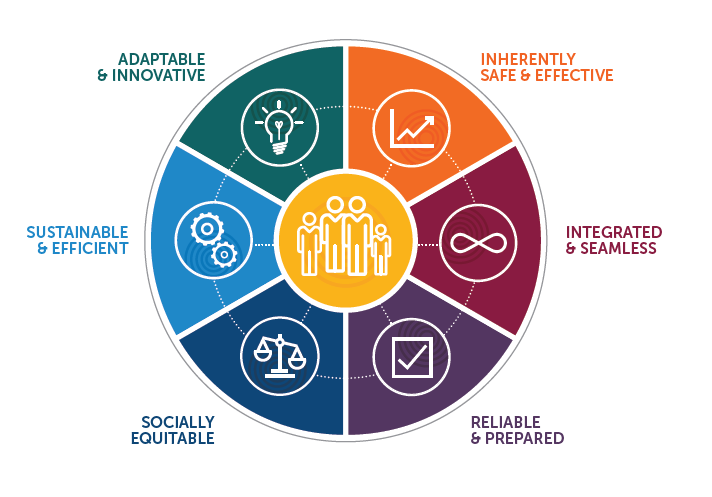Answer: They're all both. Also known as a combination car.
Why? Because until the mid-1960s ambulances rarely existed to provide anything more than a ride to the hospital. #convertsinminutes
Why? Because until the mid-1960s ambulances rarely existed to provide anything more than a ride to the hospital. #convertsinminutes
But our journey through the history books needs to go back a bit further to the Napoleonic Era where Dominique Jean Larrey, an Army Surgeon, co-opted horse-drawn artillery units as "Flying Ambulances" to collect the wounded from the battlefield. https://theconversation.com/baron-larrey-napoleonic-inventor-of-ambulances-triage-and-mash-57893
From there we meander our way through the Civil War in the 1800s and World Wars of the 1900s without much changing except:
- Basic scientific progress (that matters later)
- Hygienic practices in hospitals (thank goodness)
- A new kind of in horse power
- Basic scientific progress (that matters later)
- Hygienic practices in hospitals (thank goodness)
- A new kind of in horse power
We have to make it to 1956 before mouth-to-mouth was "invented" by Dr. Peter Safar at Baltimore City Hospital after Dr. Jim Elam proved that exhaled air had enough oxygen to keep someone alive. https://www.ncbi.nlm.nih.gov/pmc/articles/PMC194106/
Eventually Dr. Safar's discovery found a kindred spirit in Dr. Kouwenhoven who had realized that external chest compressions could sustain circulation long enough to get the patient to a defibrillator
As they learn in kindergarten, sometimes 1 + 2 = 4 and CPR was born!
As they learn in kindergarten, sometimes 1 + 2 = 4 and CPR was born!
In 1966 "The White Paper" was published. This changed EMS in the US forever because it highlighted the high rates of death and disability happening on roadways via traumatic injuries.
What helps injured patients get to definitive care? An ambulance!
What helps injured patients get to definitive care? An ambulance!
Its recommendations around the triage, treatment, and transport of traumatically injured patients laid the ground work not only for EMS, but also modern trauma systems.
It's also why EMS is housed under DOT and @NHTSAgov in the US.
It's also why EMS is housed under DOT and @NHTSAgov in the US.
1966 is also important because that's when Dr. Frank Pantridge of Belfast made the unorthodox decision to bring the defibrillator to the patient.
It was 10 months until the first save, but once results were published there was no denying the success. https://www.ncbi.nlm.nih.gov/pmc/articles/PMC555899/
It was 10 months until the first save, but once results were published there was no denying the success. https://www.ncbi.nlm.nih.gov/pmc/articles/PMC555899/
And physicians like Dr. Leonard Cobb of Seattle were listening. In fact a handful of programs similar to Belfast popped up in the late 1960s including in Pittsburgh, Miami, LA, Columbus, and Portland. https://twitter.com/realscientists/status/1353829615584780288
One such program deserves a special highlight, Freedom House Ambulance Service was established the employ the "unemployable" and provide EMS coverage to majority Black areas of Pittsburgh that many white ambulances refused to cover. https://www.npr.org/sections/codeswitch/2015/03/01/389798498/how-pittsburghs-freedom-house-pioneered-paramedic-treatment
The 1970s brought a push for professionalization of EMS providers and the EMS Systems Act which distributed $15M, across 300 regional EMS systems in 32 states.
This is one of the biggest reasons why EMS is so different in different regions of the country. https://www.congress.gov/bill/93rd-congress/senate-bill/2410
This is one of the biggest reasons why EMS is so different in different regions of the country. https://www.congress.gov/bill/93rd-congress/senate-bill/2410
The 1980s brought state-level block grants, and with it a loss in funding for EMS. For the non-policy wonks, block grants are bad (in this case) because they gave autonomy over spending to those that didn't always see the value of EMS. https://www.congress.gov/bill/97th-congress/house-bill/3982
The 1996 EMS Agenda for the Future did a 30 year look back and then described the authors' vision of data-driven and evidence-based systems for the future.
It was optimistic.
It was optimistic.
The prevalence of high acuity terrorist attacks that happened in the 90's and early 00's highlighted EMS' role in responding to such events.
They also opened large streams of funding for training and equipment on related topics.
They also opened large streams of funding for training and equipment on related topics.
In 2006 the IOM ( @theNAMedicine) published "Emergency Medical Services: At the Crossroads" highlighting that while much progress had been made, much was still left unfinished. https://www.nap.edu/catalog/11629/emergency-medical-services-at-the-crossroads
EMS Agenda 2050 was published in 2019 with the hope of guiding the next 30 years of EMS.
All via a people-centered approach. https://www.ems.gov/projects/ems-agenda-2050.html
All via a people-centered approach. https://www.ems.gov/projects/ems-agenda-2050.html
So how will EMSers 30 years from now actually tell the story of the 2020s?
Hopefully, it centers around using the power of data and analytics to question the status quo.
That we not only measured problems, but did something to correct them.
Hopefully, it centers around using the power of data and analytics to question the status quo.
That we not only measured problems, but did something to correct them.

 Read on Twitter
Read on Twitter